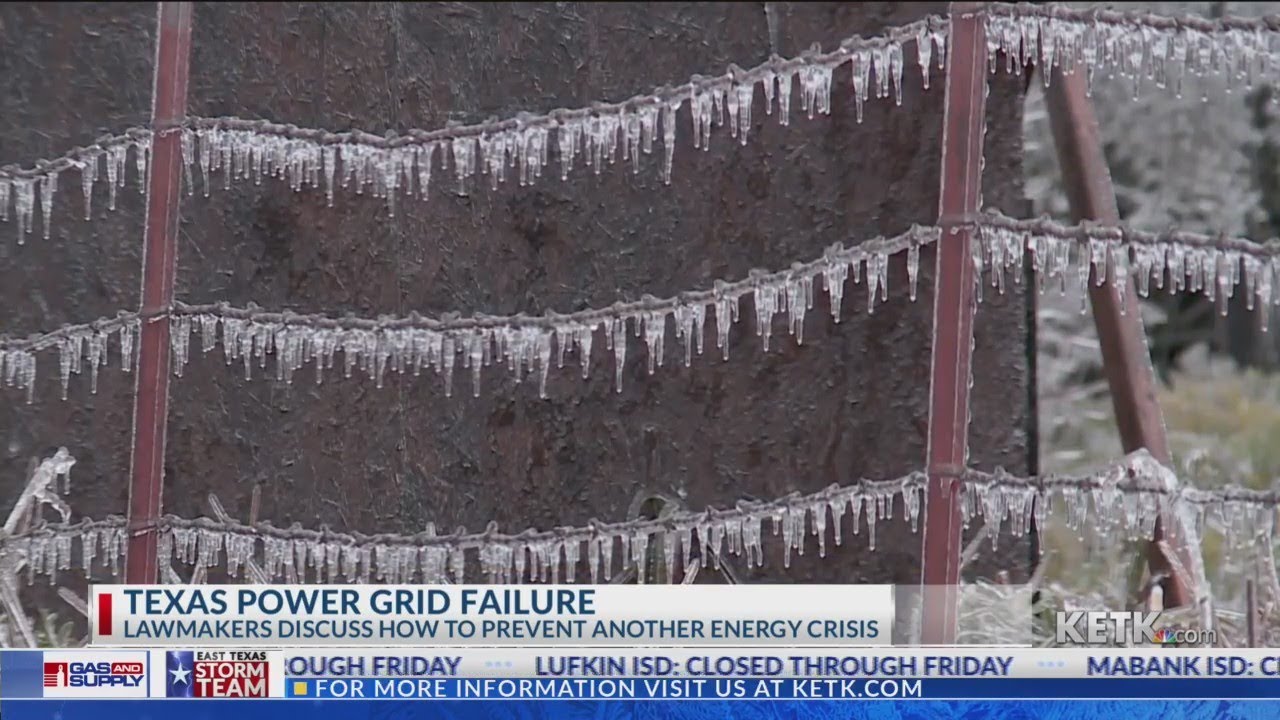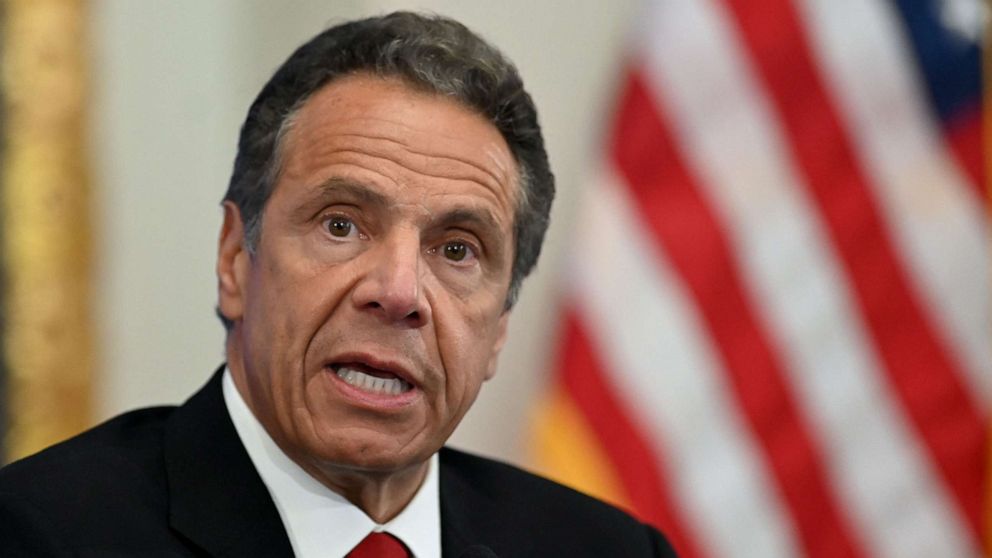I understand the power did come on in Texas awhile back, although it isn’t clear to me if everyone is getting clean water out of their faucets by now. The one thing I do know is that Texas isn’t going to reform the system that caused the power/water disaster last February.
On March 5, the Austin American-Statesman reported that $16 billion in overcharges for wholesale electricity would not be reversed.
The overcharges occurred because the Electric Reliability Council of Texas, which oversees the grid and is commonly known as ERCOT, kept the prices at the maximum level allowable — $9,000 per megawatt hour — during the 32-hour period. ERCOT should have stopped intervening by then because the power crisis was over and instead let supply and demand determine pricing, Potomac said.
As I understand it, the issue is not that the $9000-per-hour rate was allowed for the entire time of the weather emergency, but that the rate was allowed to remain at $9000 per hour for 32 hours longer than the actual emergency. Thus, it was a windfall. “Potomac” is “Potomac Economics, a Virginia-based firm that’s paid by the state to provide an arm’s-length assessment of the Texas power grid.”
The Public Utility Commission oversees ERCOT. At ERCOT’s request, it initially set the price at the $9,000 cap — from a market price of about $1,200 at the time — during a specially called meeting Feb. 15 in an effort to incentivize as many generators as possible to keep producing power early in the weather emergency.
I am guessing this is connected to the outrageous bills some Texans got after the power outage. OK, but why can’t the outrageous overcharges be reversed?
Because it’s hard.
“There are always winners and losers on both sides (of a transaction), because that pie doesn’t change size, even if you reprice,” said Randa Stephenson, LCRA’s senior vice president for wholesale markets. “It’s really hard to go back and change the rules when people make business decisions off of them.”
LCRA is Lower Colorado River Authority, a company that was able to keep most of its power operations functioning. I take it they cleaned up, big time.
A couple of days ago, Texas Monthly reported that LCRA and others have nothing to worry about.
While many Texans last week were worried about sky-high electric bills from February’s winter storms, the state’s sole utility commissioner was privately reassuring out-of-state investors who profited from the crisis that he was working to keep their windfall safe.
Texas Monthly has obtained a recording of a 48-minute call on March 9 in which Texas Public Utility Commission chairman Arthur D’Andrea discussed the fallout from the February power crisis with investors. During that call, which was hosted by Bank of America Securities and closed to the public and news media, D’Andrea took pains to ease investors’ concerns that electricity trades, transacted at the highest prices the market allows, might be reversed, potentially costing trading firms and publicly traded generating companies millions of dollars.
“I apologize for the uncertainty,” D’Andrea said, promising to put “the weight of the commission” behind efforts to keep billions of dollars from being returned to utilities that were forced—thanks to decisions by the PUC—to buy power at sky-high prices, even after the worst of the blackout had passed.
But wait, there’s more — the Texas legislature proposed that $5.1 billion of the $16 billion windfall be “reallocated.” Lt. Governor Dan Patrick advocated doing this, a development that perplexed Texas Monthly, since Patrick really isn’t into doing things. Texas Monthly reported today:
In normal times, the lieutenant governor is most comfortable focusing on red-meat culture war issues, such as bathroom bills and demanding the Star-Spangled Banner be played before sporting events. But as Texas’s second-ranking statewide elected official, one who controls every bill that passes through the state Senate, his job often calls for him to oversee legislative responses to crises. When it does, the former radio host usually becomes a bullhorn, drawing attention to himself and the crisis, and demands private solutions to issues rather than legislative ones that conflict with his conservative worldview.
And, indeed, Patrick seems utterly uninterested in overhauling the stupid “free market” system that left much of the state without power and water for days. But for some reason he has zeroed in on the $5.1 billion as the hill he’s prepared to defend, if not die on.
Little more than two weeks after his press tour, Patrick berated Governor Greg Abbott’s only remaining appointee on the PUC, Arthur D’Andrea, in a rare Senate committee hearing appearance. The lieutenant governor then suspended every rule he could to rush the passage of a contested plan to claw back the $5.1 billion, before encountering opposition from House Speaker Dade Phelan. Finally, after his fight seemed all but dead Tuesday evening, Texas Monthly broke news that D’Andrea had promised to try to protect the windfall of investors who made money off the blackouts. Patrick then revived his push for the House to follow the Senate’s lead and order the PUC to reprice.
Patrick’s trying to do something useful, which is totally out of character, has fueled spectulation that he will run for governor in 2022.
Oh, and D’Andrea has resigned.
What this whole episode reveals, seems to me, is the degree to which the Texas Republicans are more interested in maximizing profits for fossil fuel companies than in providing affordable and reliable energy. If I lived in Texas and had gotten some $10,000 bill for a few days of electricity I think I would be a tad, um, miffed at all this.
And from what I’ve read, no one is seriously considering such reforms as uniting with the national grid or requiring energy suppliers to weather-proof their oil pumps and gas lines. Some bills introduced in the legislature sorta kinda proposed that weatherproofing would be nice, but they did not stipulate who would pay for the upgrades. And there has been no serious discussion of eliminating the unregulated system.
Many Texas politicians are, I’m sure, assuming that the February freeze was a once-in-a-century freak storm. But it probably wasn’t.
Back in February, Ezra Klein wrote an op ed for the New York Times that made two important points:
One, “Climate change promises far more violent events to come.”
Two, “The most common mistake in politics is to believe there is some level of suffering that will force responsible governance. There isn’t.”
The next big unexpected but much predicted actic freeze in Texas could easily wipe out the power grid for months, not days. And that could happen next winter. It’s almost certain to happen while a lot of the bozos in the Texas government now are still in office. And as they stand on the ruins of many lives and jobs, and the Texas economy in general, they will promise to build back some other Ayn Rand monstrosity of an unregulated system so that their cronies in the fossil fuel industry can get richer. That’s a given.
And I’m not at all certain that Texas voters will demand anything different.
Along these lines, do see In the shadow of its exceptionalism, America fails to invest in the basics at the Washington Post. Excellent analysis of how we’ve been neglecting infrastructure for more than 50 years.




 The six Dr. Seuss books dropped by the publisher, Dr. Seuss Enterprises, are And to Think That I Saw It on Mulberry Street, If I Ran the Zoo, McElligot’s Pool, On Beyond Zebra!, Scrambled Eggs Super!, and The Cat’s Quizzer. Those last four I never heard of, and I have no memory of reading the first two, although I had heard of them. But I learned through googling that Mulberry (1937), at least, does have objectionable illustrations such as the one on the left. This is not something that would be published today.
The six Dr. Seuss books dropped by the publisher, Dr. Seuss Enterprises, are And to Think That I Saw It on Mulberry Street, If I Ran the Zoo, McElligot’s Pool, On Beyond Zebra!, Scrambled Eggs Super!, and The Cat’s Quizzer. Those last four I never heard of, and I have no memory of reading the first two, although I had heard of them. But I learned through googling that Mulberry (1937), at least, does have objectionable illustrations such as the one on the left. This is not something that would be published today.


